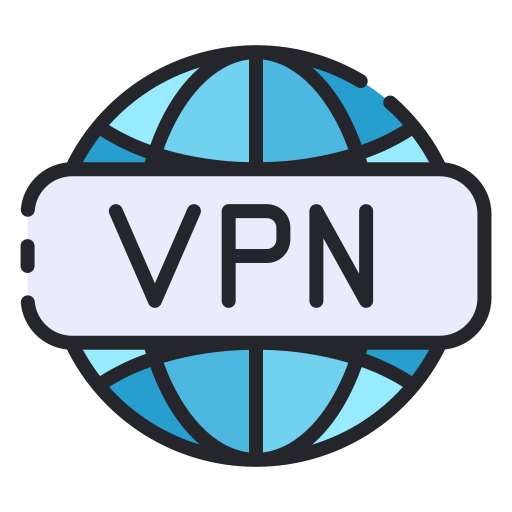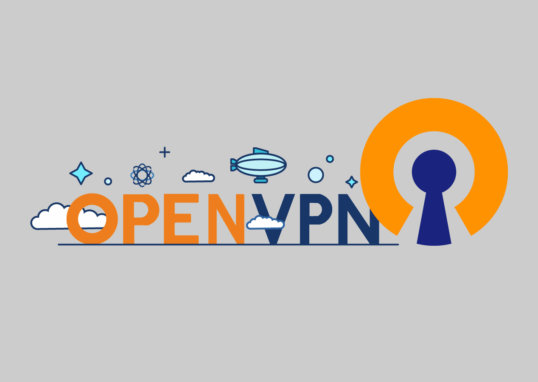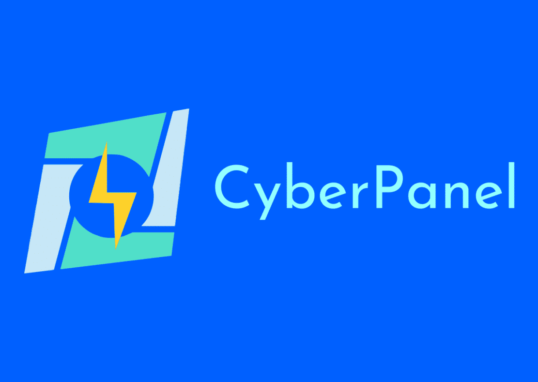
The Ultimate Guide to VPNs: How They Work, Protocols, Top Picks, and Limitations
Introduction
In today’s digital age, ensuring your online privacy and security is paramount. Virtual Private Networks (VPNs) have emerged as essential tools for safeguarding your internet activities. This comprehensive guide delves into the inner workings of VPNs, explores the protocols they use, lists the best VPNs available, discusses their limitations, and highlights common use cases.
What is a VPN?
A Virtual Private Network (VPN) creates a secure, encrypted connection between your device and the internet. This tunnel masks your IP address, making your online actions virtually untraceable. VPNs are crucial for protecting your data from hackers, maintaining privacy, and accessing geo-restricted content.
How Does a VPN Work?
When you connect to a VPN, it routes your internet traffic through a remote server operated by the VPN provider. This process hides your real IP address and encrypts your data. Here’s a step-by-step breakdown:
- Connection: You start by connecting to the VPN server via a client application.
- Encryption: Your data is encrypted before it leaves your device.
- Routing: The encrypted data is sent to the VPN server.
- Decryption: The VPN server decrypts the data and forwards it to the intended destination (e.g., a website).
- Return Trip: The process is reversed for data returning to your device.
Common VPN Protocols
- OpenVPN: Known for its strong security and open-source nature, OpenVPN is highly configurable and widely used.
- IPsec/IKEv2: Provides robust security and is favored for mobile connections due to its ability to reconnect quickly when the connection is lost.
- L2TP/IPsec: Combines the Layer 2 Tunneling Protocol with IPsec for enhanced security but can be slower due to double encapsulation.
- PPTP: One of the oldest protocols, offering speed but less security, making it less favorable for sensitive activities.
- WireGuard: A newer protocol known for its simplicity, speed, and strong encryption, quickly gaining popularity.
Top VPNs Available in the Market
- ExpressVPN: Renowned for its fast speeds, strong security features, and user-friendly interface. It supports multiple devices and platforms.
- ProtonVPN: Known for its strong emphasis on privacy and security, ProtonVPN offers a strict no-logs policy, high-speed servers, and advanced encryption, developed by the same team behind ProtonMail.
- NordVPN: Offers robust security, a strict no-logs policy, and unique features like Double VPN and Onion over VPN.
- CyberGhost: Provides an excellent balance of speed and security, with dedicated servers for streaming and torrenting.
- Surfshark: An affordable option with unlimited simultaneous connections, strong security, and a no-logs policy.
- Private Internet Access (PIA): Known for its strong encryption, extensive server network, and customizable privacy features.
Limitations of VPNs
While VPNs are powerful tools, they have some limitations:
- Speed Reduction: Encryption and routing can slow down your internet connection.
- Cost: Premium VPN services require a subscription fee.
- Blocking: Some services and websites actively block VPN traffic.
- Legality: VPN use is restricted or illegal in some countries.
- Trust: You must trust your VPN provider with your data, which can be a concern if their logging policies are unclear.
Common Use Cases for VPNs
- Privacy: Protecting your online activities from ISPs, advertisers, and cybercriminals.
- Security: Safeguarding data when using public Wi-Fi networks.
- Streaming: Accessing geo-restricted content on platforms like Netflix, Hulu, and BBC iPlayer.
- Torrenting: Anonymous downloading and sharing of files.
- Bypassing Censorship: Accessing blocked websites and services in restrictive regions.
Conclusion
VPNs have become essential tools for anyone looking to enhance their online privacy and security. By understanding how they work, the protocols they use, and their limitations, you can make an informed decision about which VPN is right for you. Whether you’re looking to protect your data, access restricted content, or simply browse the internet anonymously, there’s a VPN out there to meet your needs.
- What is Android? How It works? Who owns it?
- The Ultimate Guide to OpenVPN: Protocols, VPS Setup, and Client Connections
- Optimizing VPS Management with Webmin and Virtualmin
- Ultimate Guide to Installing CyberPanel on Your VPS: Accessing the WebPanel, Setting Up Domains, Adding Websites, and Installing WordPress
- HDD vs SSD: Which is Better for Your Needs?







[…] Want to Install Cyber Panel? Read […]